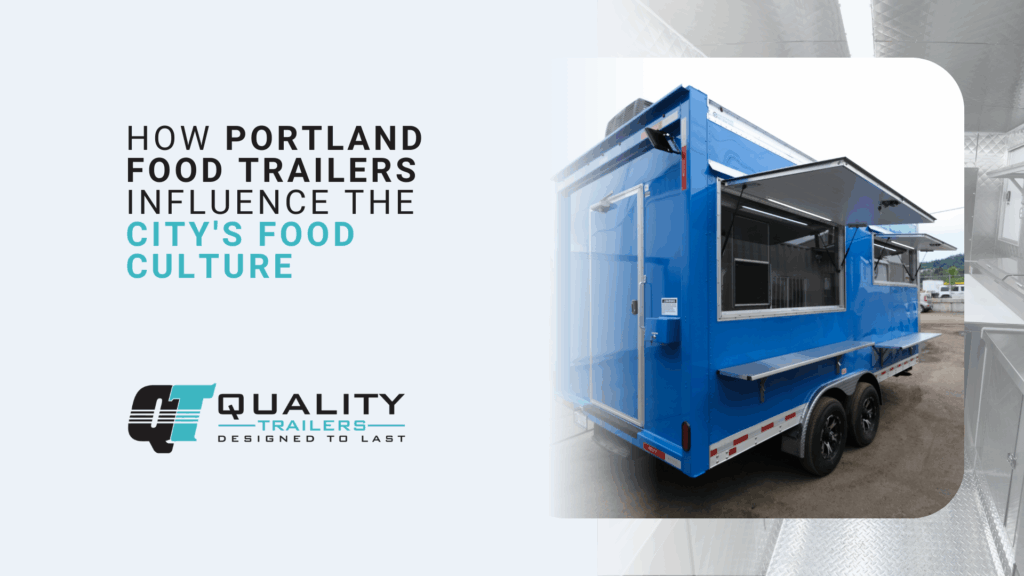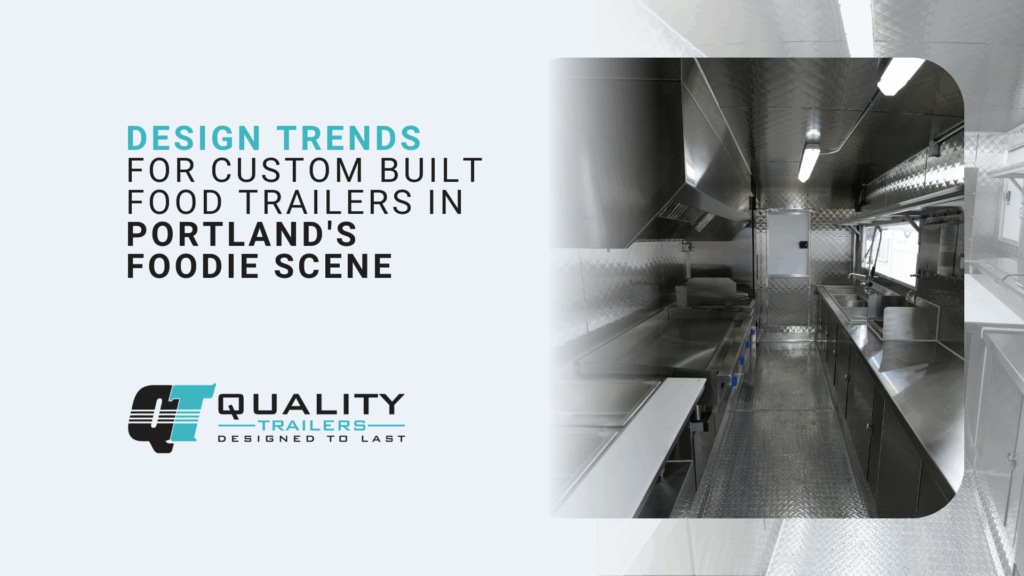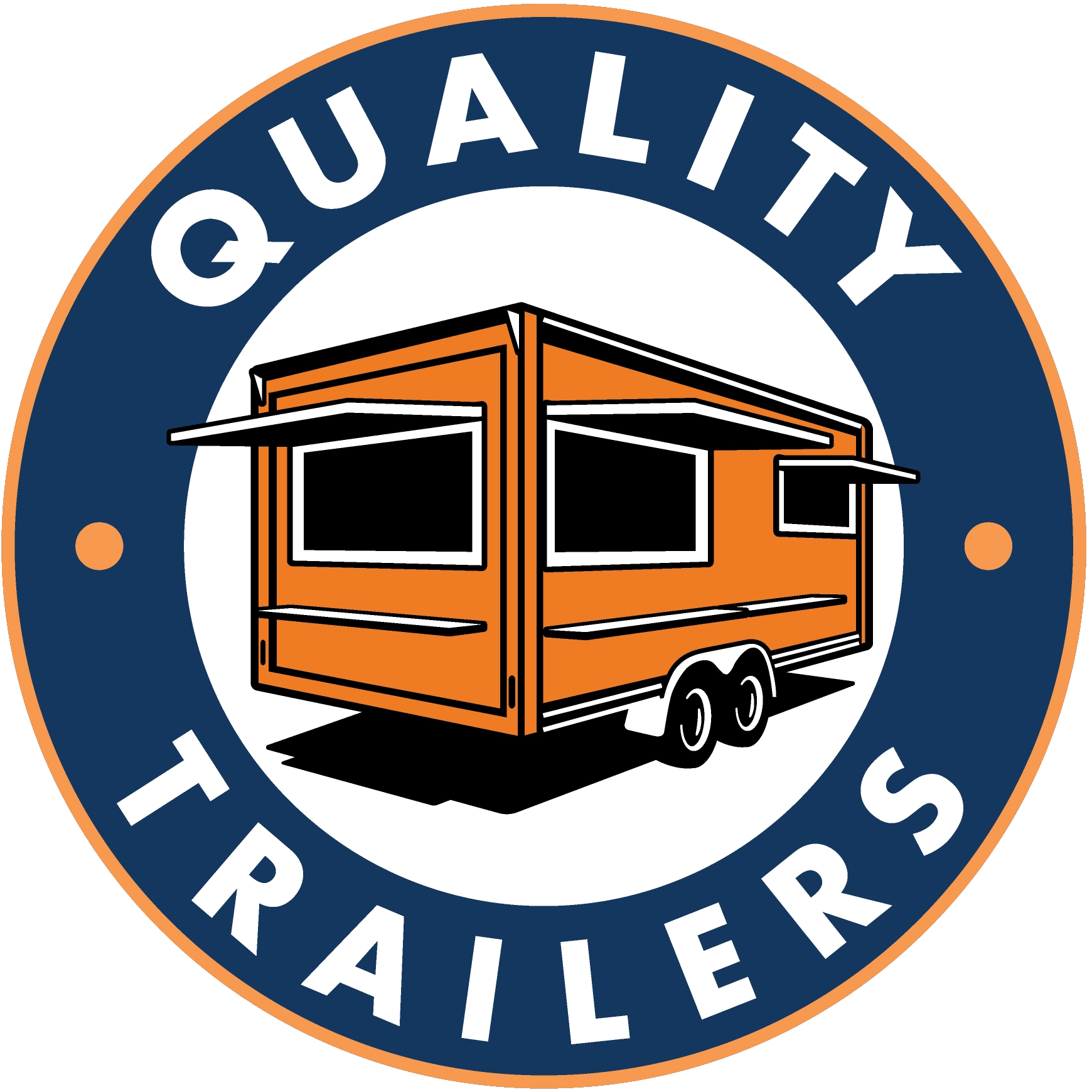How Portland Food Trailers Influence the City’s Food Culture

Portland’s vibrant food scene has become synonymous with innovation, diversity, and a certain rebellious spirit that celebrates culinary creativity. At the heart of this dynamic foodscape are the city’s numerous food trailers, which have transformed from simple street vendors into cultural institutions that define the city’s gastronomic identity. These mobile kitchens have revolutionized how Portlanders […]
Design Trends for Custom Built Food Trailers in Portland’s Foodie Scene

In a city renowned for its vibrant culinary landscape, food trailers have become an integral part of the local dining experience. The evolution of custom food trailers in Portland has mirrored the city’s innovative and diverse food culture, creating unique mobile dining experiences that captivate locals and visitors alike. Portland’s food scene has always embraced […]
